Jakarta –
The Ministry of Maritime Affairs and Fisheries (KKP) and the Indonesian Quarantine Agency (Barantin) have agreed to implement risk level categorization for the importation of tuna, sardines and mackerel. The categorization is carried out as part of the Department of Marine Affairs and Fisheries' efforts to manage the risk associated with the control of fish imports from Canada.
The agreement is said to be part of the implementation of joint activities between the KKP and the Trade Facilitation Office (TFO) of Canada regarding strengthening the risk management of the fish import inspection and control system and of fishery products in Indonesia.
“From a quality assurance point of view, we monitor the import process, that is why there is a risk categorization of the carriers (imports) of tuna, sardines and mackerel,” explained the acting chief of the Agency for the Control and Supervision of the Quality of Marine Products and Fisheries. (BPPMHKP), Ishartini, in an official statement, Monday (26/2/2024).
Ishartini said the risk assessment was based on the Decree of the Head of Fish Quarantine, Quality Control and Safety of Fishery Products (BKIPM) Number 26 of 2023 regarding the assessment of the level of risk associated with the importation of tuna, sardines and mackerel into the Republic of Indonesia. Import risks are divided into three categories, namely low, medium and high.
The division of import risk categories was carried out because in the proposed Indonesia-Canada Comprehensive Economic Partnership Agreement (ICA-CEPA), it was noted that organic trade cooperation between the Indonesia and Canada were dominated by products from the marine and fishing sectors.
“So, to ensure the quality and safety of national fish consumption, Indonesia must systematically implement the Decree of the Head of Agency (Kepkaban) Number 26/2023,” he explained.
Even though the fishing sector has absolutely no crucial issue in the ICA-CEPA negotiations due to the trade surplus of Indonesian fishery product exports to Canada, Ishartini emphasized that his staff will still provide services quality assurance for products entering Indonesia.
Product quality is guaranteed by Good Import Practices (GIP) certification and the importer's obligation to implement a fish traceability system.
“We continue to monitor this negotiation process given that Canada is one of the destination countries for Indonesia's exports,” he concluded.
For information, Minister of Marine and Fisheries Sakti Wahyu Trenggono targets Indonesian fishery product exports to reach US$7.2 billion or Rp1.12 trillion (exchange rate of Rp15,674 ) in 2024. Collaboration with a number of countries is underway to achieve this goal.
(da/da)

“Tvaholic. Beer guru. Lifelong internet nerd. Infuriatingly humble pop culture scholar. Friendly food advocate. Freelance alcohol fan. Incurable bacon ninja.”
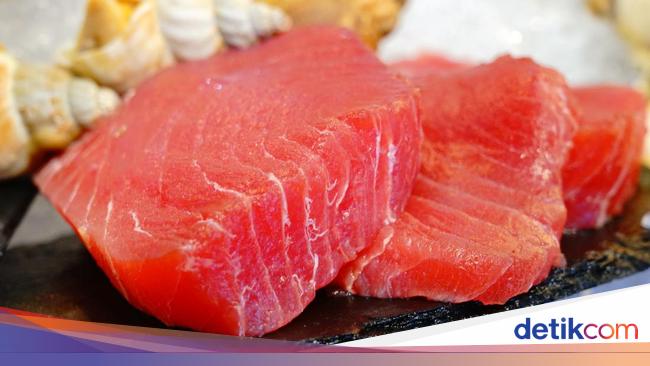
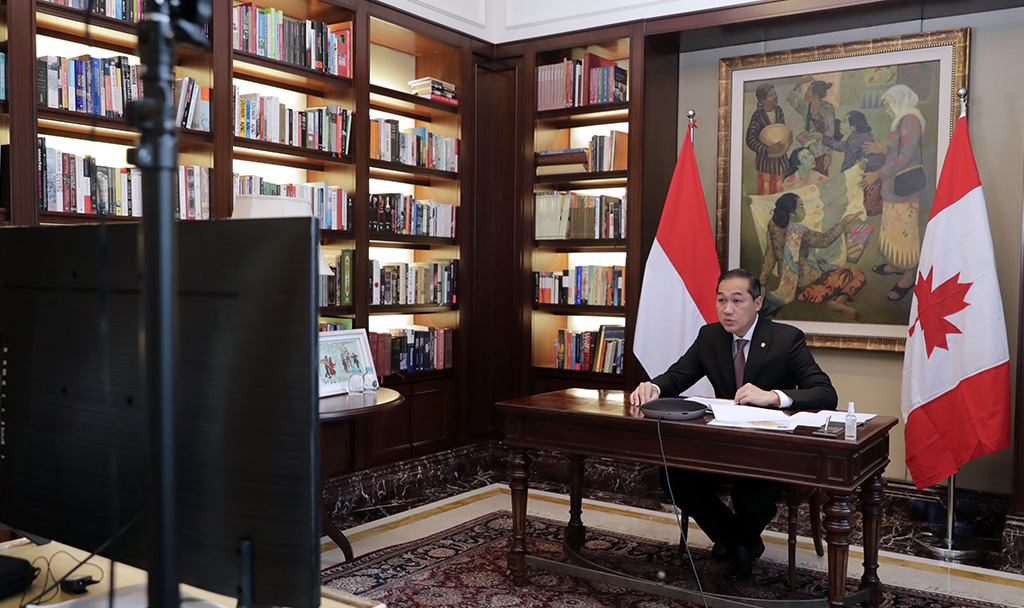
:strip_icc():format(jpeg)/kly-media-production/medias/4953136/original/060929700_1727279642-Screenshot_2024-09-25_224617.jpg)
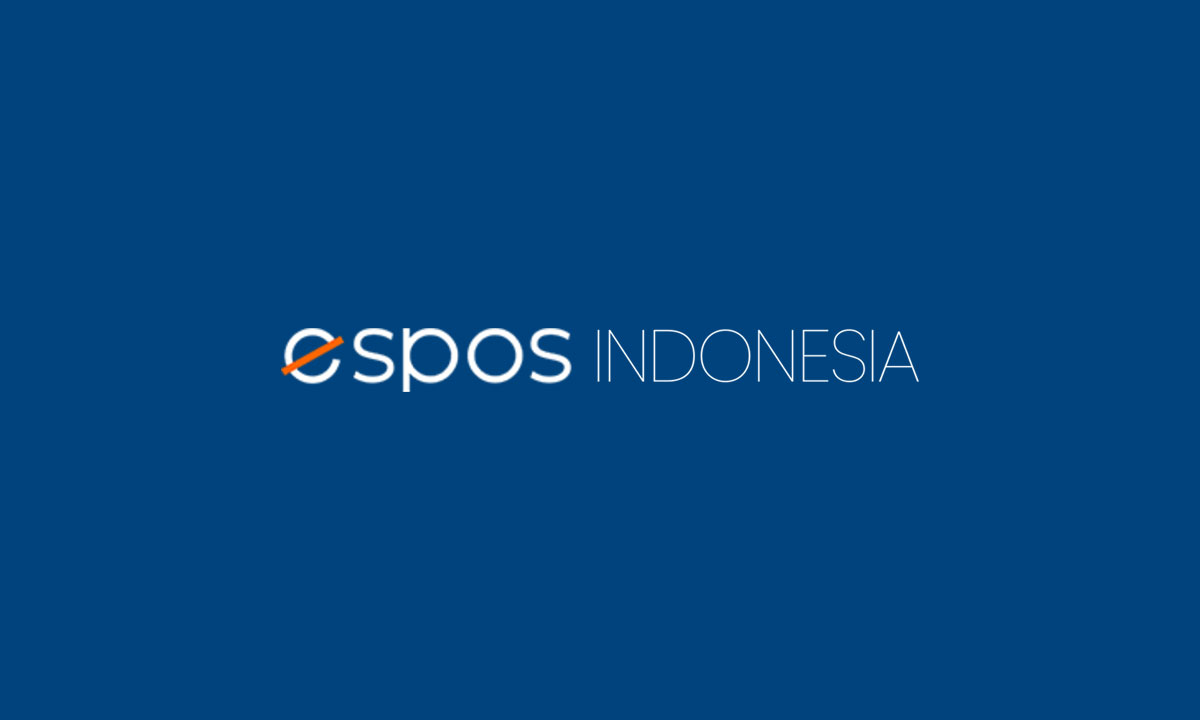
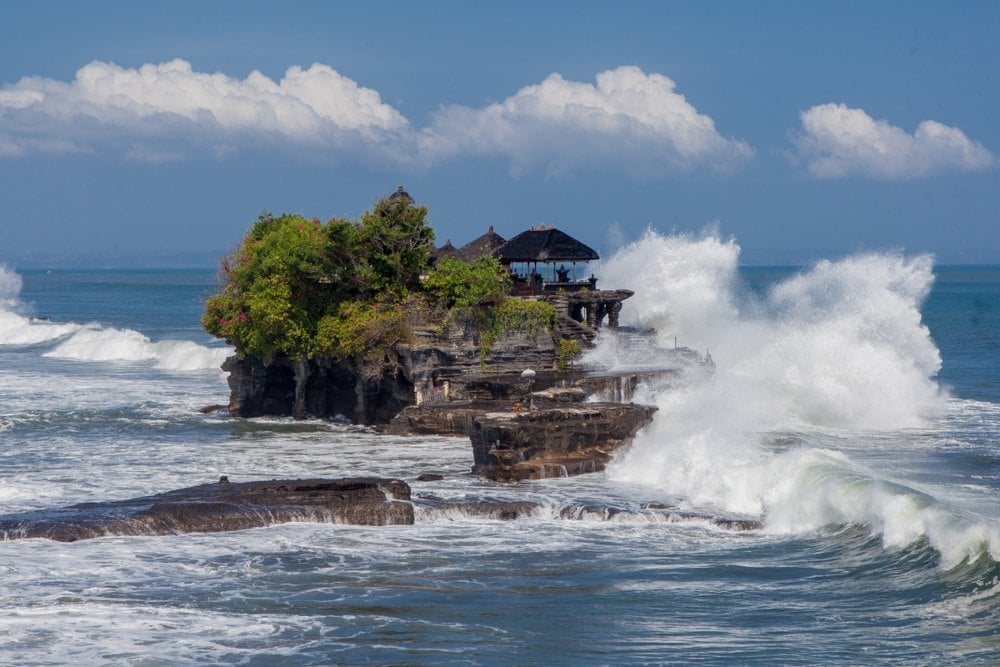
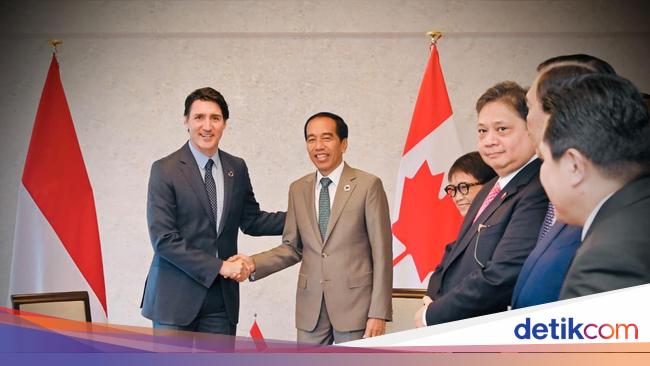
:strip_icc():format(jpeg)/kly-media-production/medias/3306276/original/047015900_1606275972-CjkinzN007013_20201125_CBPFN0A001.jpg)